The 5 Biggest Vodka Myths
The 5 Biggest Vodka Myths
While vodka is usually associated with Russia and other Eastern European countries, it's actually America's favorite spirit. (We drink more vodka than gin, rum, tequila, and cognac combined.) But despite its popularity, it's still pretty misunderstood. To clear up some common misconceptions, we asked Tony Abou-Ganim, an all-star bartender and author of the recently published Vodka Distilled, for help. Here are the five most common myths he hears, along with the truth. Cheers!
All Vodka is the Same
Not even close. The spirit reflects where it comes from and what it was distilled from. "Traditional-style vodkas, primarily from Eastern Europe, are much more assertive, robust, and celebrate their raw ingredients," says Abou-Ganim, while "the West produces a much softer, more approachable vodka."
More Distillatins = Better Vodka
We hear this from a lot from both brands and consumers. But according to Abou-Ganim, this isn't true. For one, each company defines exactly what constitutes a single distillation, and every distillery is set up differently. And if a vodka is over-distilled, there's a risk of stripping out all the "flavor, aroma and character of the base ingredients," he says. What you're left with is essentially pure alcohol.
Vodka is Made from Potatoes
While vodka can be distilled from potatoes — as with the Swedish Karlsson's Gold Vodka — it can also be produced from pretty much anything. (The French Ciroc is grape-based, and there's even a brand made from milk.) But most vodka in this country is made from corn, wheat, or other grains.
You Don't Need to Buy Good Vodka for Cocktails
"I can't promise you will always be able to taste the difference in the final drink," Abou-Ganim says. "But if you drink enough of it, you will certainly feel [the difference] the next day. Life is too short to drink cheap, poorly distilled vodka!"
Price = Quality
How much should you spend on vodka? It's a pretty tough question, since the price tag isn't an accurate indicator of quality. So, "do your homework: Taste as many vodkas in as many different price ranges as possible," Abou-Ganim recommends. "I've tasted wonderful bottles of $12 vodka and wonderful bottles of $50 vodka."

